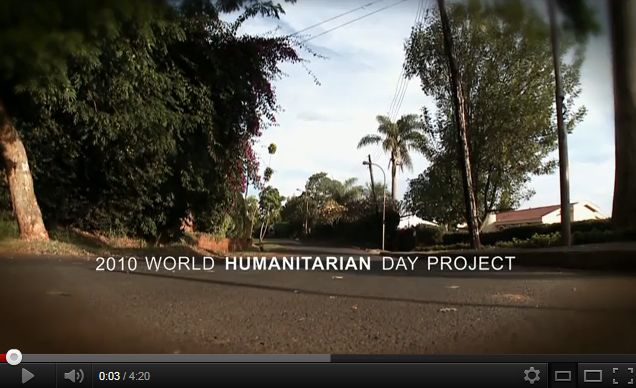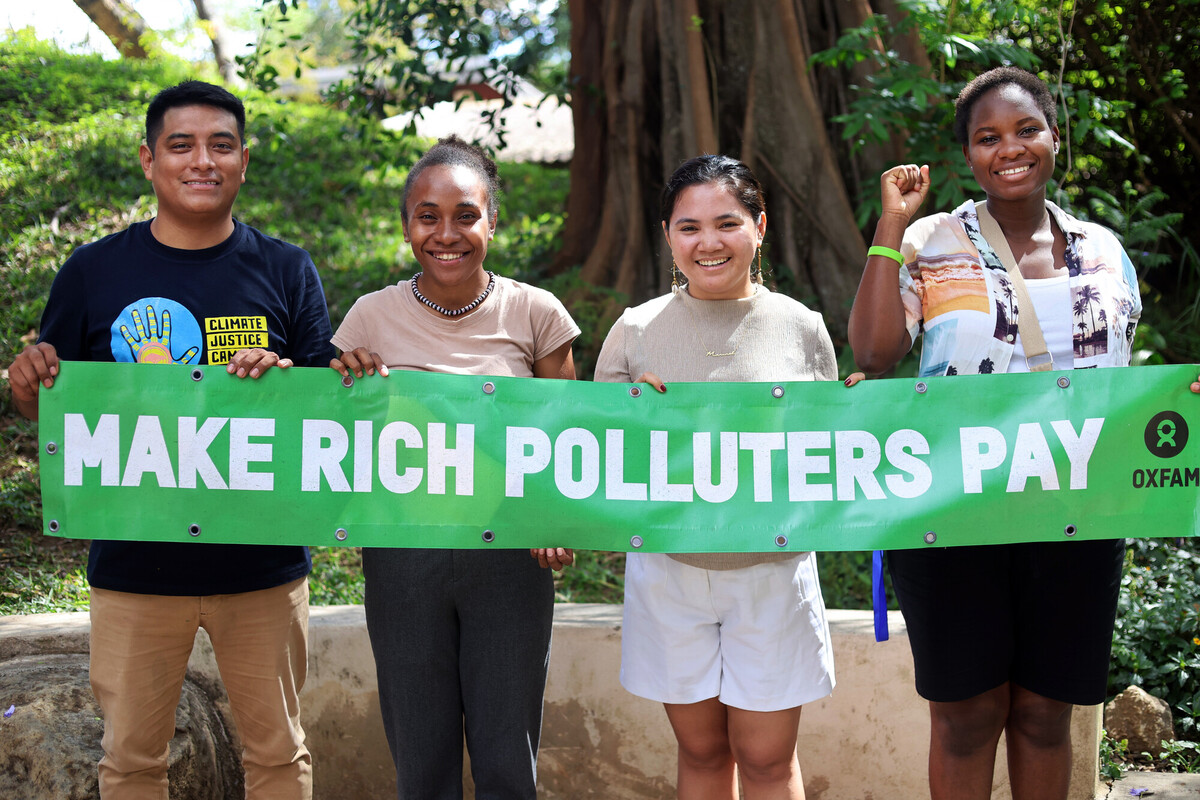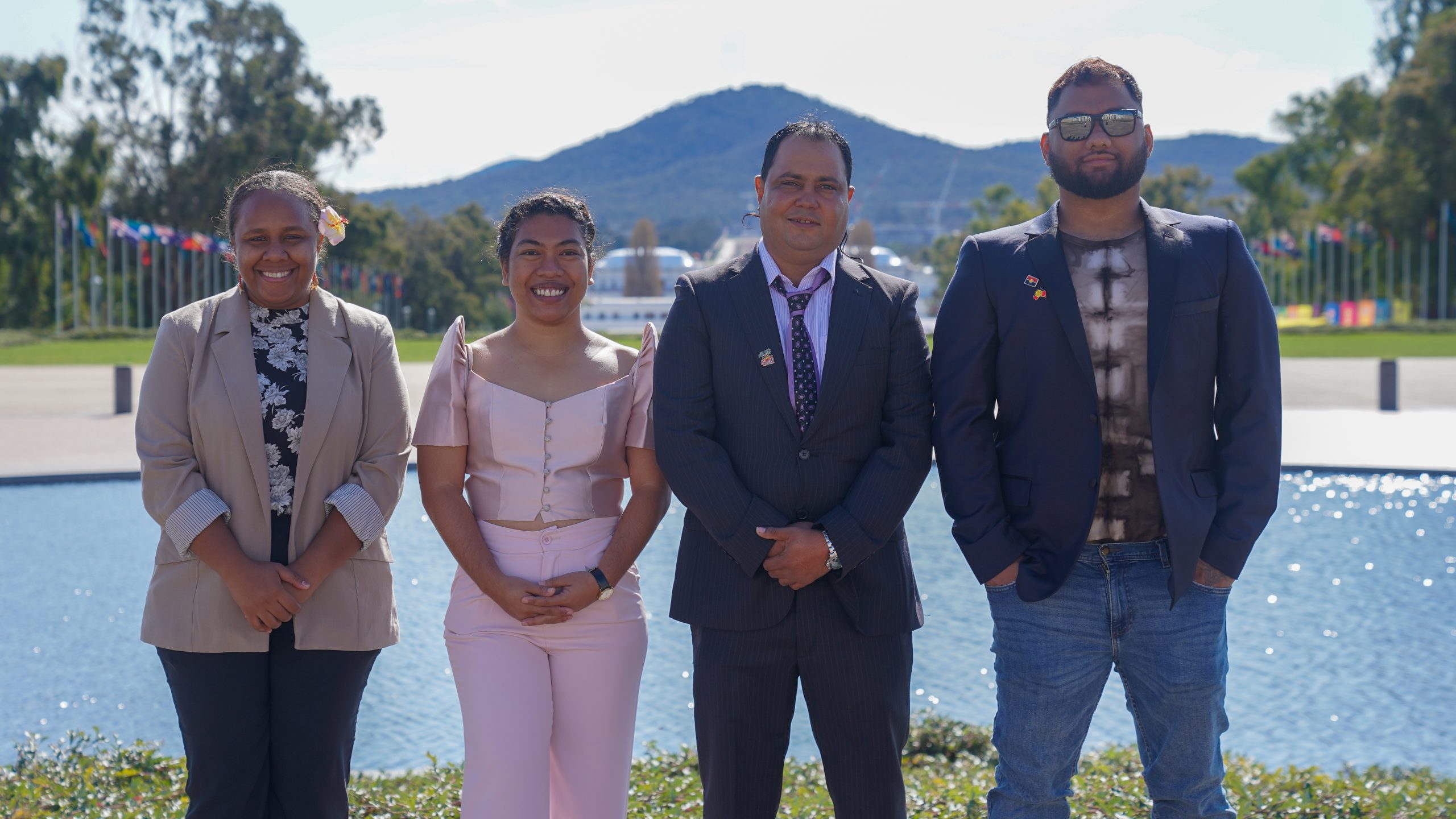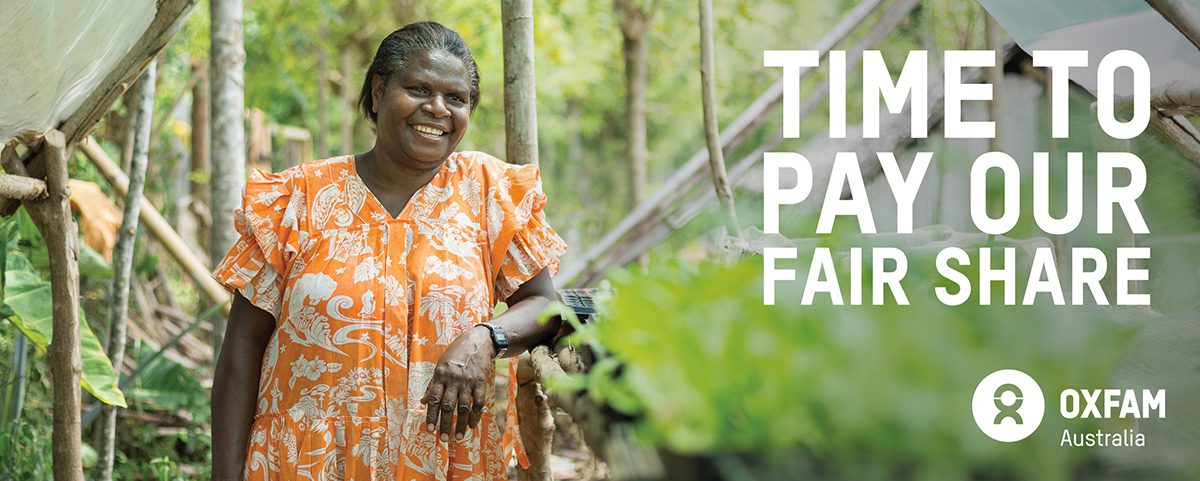In December 2008, the General Assembly determined that World Humanitarian Day should be marked on 19 August every year to:
“contribute to increasing public awareness about humanitarian work and the importance of international cooperation, and to commemorate all humanitarian and United Nations and associated personnel who have worked in the promotion of the humanitarian cause, and those who have lost their lives in the course of duty.”
World Humanitarian Day was designated in memory of those who died in the Canal Hotel bombing in Baghdad in 2003, in which twenty-two people lost their lives, including the Special Representative of the Secretary-General, Sergio Vieira de Mello, but also in memory of the many aid workers who have lost their lives in the humanitarian cause.
The day is also held to emphasize current humanitarian needs and challenges worldwide, such as threats to humanitarian aid workers by conflicting parties, challenges in reaching the people we try to assist, and the increasing complexity of the humanitarian environment due to food price shocks, global market turbulence, water shortages and climate change. Particular focus will be placed on the people on whose behalf we work.
The Inter-Agency Standing Committee Principals agreed there would be three main areas of focus for this year’s commemoration of the day:
- To draw attention to humanitarian needs worldwide;
- To explain, in simple, visual terms what humanitarian aid work entails;
- To remember those who have lost their lives in humanitarian service.
The 2010 World Humanitarian Day project is a collaborative film shot in over 40 countries in under 9 weeks, on a shoestring budget – with the goal of showing the enormous diversity of places, faces and endeavors of humanitarian aid workers in 2010.
It was filmed by humanitarian staff and freelance filmmakers from around the globe (over 50 contributors in total) with all time donated. Produced by David Ohana/AVMU @ UN Office for the Coordination of Humanitarian Affairs (OCHA)



